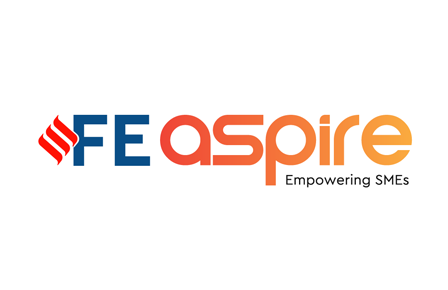With MSMEs being a major segment served under the co-lending model in recent years, the draft guidelines, if implemented, will provide credit access to MSMEs that earlier could not qualify under traditional priority sector categories.
The Reserve Bank of India (RBI) on Wednesday issued draft guidelines for co-lending arrangements (CLA) to broaden the scope of joint partnerships between banks and NBFCs for priority sector lending. The proposed guidelines seek to expand this collaboration to all regulated entities (REs) and all loan categories, effectively benefiting MSMEs with improved availability of credit.
With MSMEs being a major segment served under the co-lending model in recent years, the draft guidelines, if implemented, will provide credit access to MSMEs who earlier could not qualify under traditional priority sector categories.
Speaking on the impact of new guidelines, Raman Aggarwal, Director and Former Chairman at FIDC (Finance Industry Development Council) — a representative body of asset and loan financing of NBFCs–– said this would ensure wider reach of credit to the desired segment of society, including MSMEs.
“Currently, only banks and NBFCs can enter into co-lending for priority sector lending, but proposed guidelines allow two banks or two NBFCs as well of different sizes to enter into a co-lending arrangement for loans not necessarily under priority sector lending. This would expand the reach of institutions widely for MSMEs,” Aggarwal told FE Online.
All commercial banks (excluding Small Finance Banks, Local Area Banks and Regional Rural Banks), all All-India Financial Institutions, and NBFCs, including Housing Finance Companies can now co-lend loans up to Rs 100 crore.
This may also lead to more competitive interest rates and better loan product variety along with lower cost of borrowing for MSME and other borrowers.
“There could be institutions that are strong in certain geographies of the country, while others may not have that strong presence but have better underwriting standards and sufficient liquidity. The proposed norms marry the strength of two institutions that can help bring down the overall cost of borrowing,” added Aggarwal.
Amit Sachdev, Co-founder & COO of invoice discounting platform M1xchange echoed, “By expanding co-lending guidelines to all regulated entities will bring in more players and capital into the lending space, ultimately improving credit flow to MSMEs.”
The guidelines also aim for stronger customer protection KFS (Key Facts Statement) becoming mandatory to boost transparency in charges and interest rates. This would narrow the chances of MSMEs entering into unclear or one-sided lending arrangements.
The RBI has formally allowed a Default Loss Guarantee (DLG) of up to 5 per cent of the loan portfolio as long as it involves permitted regulated entities and complies with prescribed norms. This may offer a risk-sharing cushion for NBFCs that usually shoulder the initial credit exposure to MSMEs.
Another key shift in norms is borrower-level asset classification. According to the proposed guidelines, if any one lender under the co-lending arrangement flags a borrower as a non-performing asset (NPA), the same classification will be applicable to all lending partners as well. This will help curb discrepancies and foster greater financial discipline among borrowers.
“The co-lending partnerships can now scale rapidly as the regulated entities will be able to lend across asset classes. This creates a seamless flow for an inclusive credit infrastructure in the country. We believe these progressive guidelines have the potential to significantly expand the co-lending market, potentially doubling its size and enabling greater access to credit for qualified individuals and MSMEs nationwide,” said Vipul Mahajan, Chief Business Officer, Yubi.
The guidelines, if implemented, may help MSMEs with better pricing, service accountability and transparency in lender relationships as well. Overall, it can boost the co-lending framework as an efficient lending mechanism for India’s 6.3 crore MSMEs.

